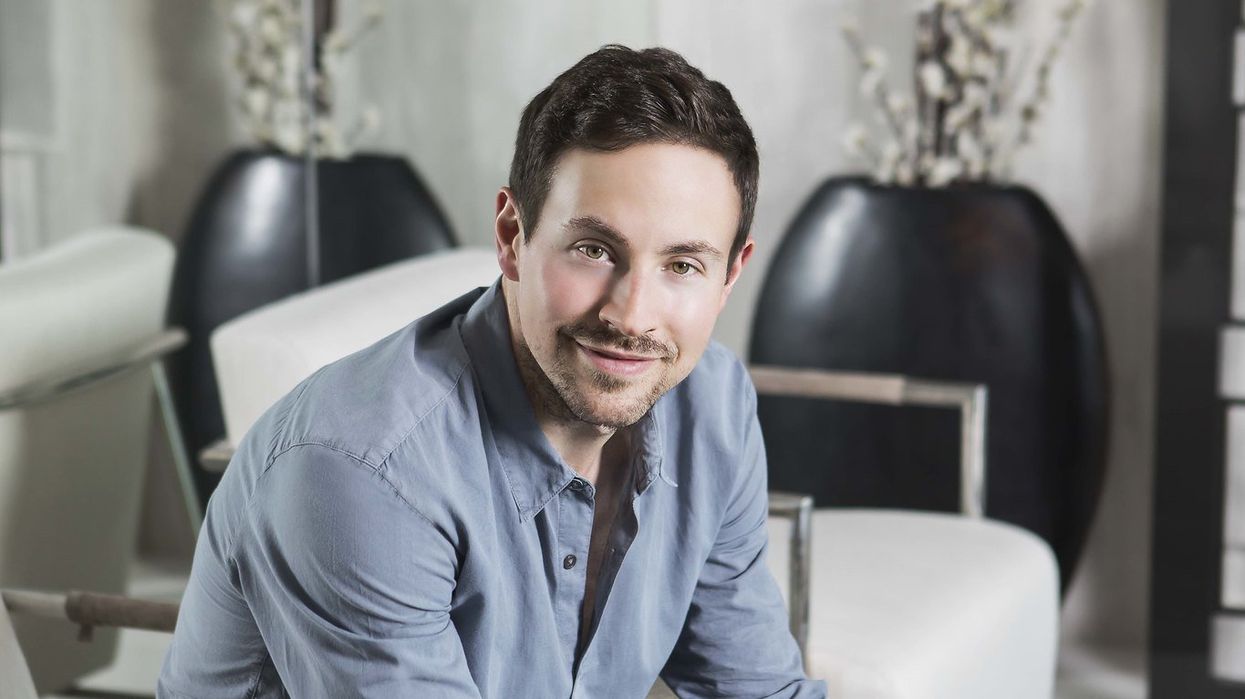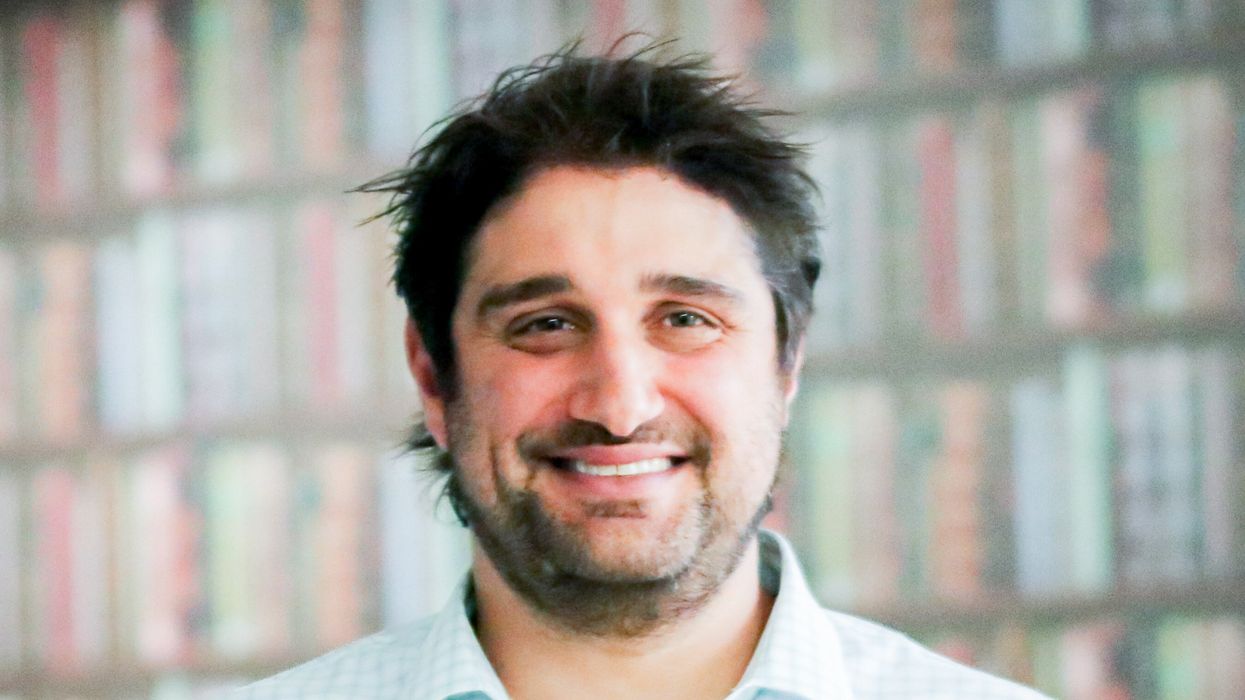With new digital tools and products that stress prevention, consumers have more power than ever to own their health and wellness.
This summer, GlaxoSmithKline (GSK) took the future into its own hands at the category level when it completed the demerger of its consumer health business from its pharmaceutical division.
Haleon launched as a standalone company in July, marking a new chapter for a company that oversees familiar brands like Advil and Robitussin that fall into a category it refers to as everyday health. With a mission to work "with humanity," its leaders are setting out to remove barriers so that more people can gain access to treatments that assist with aging, wellness and self-care.
Recently, The Current had a chance to sit down with one of the most prominent of those leaders: Rachel Marler, the company’s chief customer officer.
Marler has a wealth of experience in CPG. She held previous roles at health and beauty companies such as Gillette and Procter and Gamble, as well as food companies like Tyson. At Walmart, she led US and international merchandising across product categories over nine years. At the beginning of 2020, Marler started a new role as VP of customer development in family care with Kimberly Clark. It was the company's largest division, but she at first thought this area could be boring. Then the pandemic arrived, bringing with it the ensuing paper crisis that brought plenty of supply chain challenges to solve for the company that owns Cottonelle toilet paper, Kleenex and Scott paper towels. This confirmed once and for all: Family care was not boring.
Marler joined GSK in April, prior to the completion of Haleon’s formal spinoff as a standalone company in July. Today, she is the chief customer officer of Haleon as it is forging ahead with a sole focus on consumer health at a time when the importance of health and wellness has come into focus during a global pandemic.
The company might be new, but its brands need little introduction. Here’s a look at the company’s labels in five major categories:
- Oral health, which includes Sensodyne and Paradontax.
- VMS, or vitamins, minerals and supplements. The company’s brands in this category include the multivitamin Centrum and Emergen-C.
- Pain relief, highlighted by Advil and Excedrin.
- Respiratory, which includes Robitussin, Theraflu and Flonase.
- Digestive Health, which includes Tums and Nexium.
- Household names like ChapStick and Nicorette are also Haleon brands.
Spend time with Marler, and it's clear that Haleon’s advantages as a standalone company don’t come only from the existing products and brands it oversees. The company is keen to forge partnerships as it works to innovate, and provide customers with new tools that support their journeys of lifelong prevention and self-care.
At the National Association for Chain Drug Stores Total Store Expo in Boston, The Current asked Marler about where consumer health is heading, and how retail is evolving in an increasingly digital landscape.. She also shared examples of how care, commerce and content are coming together. The following interview has been edited for length and clarity.
For those who may not be familiar, can you define consumer health? What part of healthcare does this cover, and how is it evolving?
It’s that part of the healthcare business that deals with health, wellness, nutrition and even skincare products that consumers use on their own to improve quality of life in solving health issues. In the industry, we often refer to these as the over the counter products and we would say OTC. They are available without a prescription, and do not necessitate having a doctor, so that makes them easy to use for self healthcare. The products that we sell are often found in a broad range of retailers. They’re found in mass merchandisers, pharmacies, drugstores, but also grocery stores and clubs, convenience channels, dollar stores, and at the airport. When you're running through the airport, and you might be buying a snack, your health and wellness products are right there, too, like Advil and even Tums. More recently, digital commerce channels have really exploded.
Consumers use these OTC products to treat illnesses, including pain, cough and cold, gastrointestinal issues and quitting smoking. Tooth decay is also considered on the personal care side of healthcare. It’s the easier, cheaper alternative to a doctor’s visit or clinical visit, and to getting a prescription drug.
The other reason that this consumer side of healthcare is really important is that there are a lot of remote areas, and rural areas where you wouldn't have as many clinics and doctor's offices. Thirty million people in the US don't have access to health care, so they use their local drugstore or grocery store.

Rachel Marler. (Courtesy photo)
To take the second part of your question, the definition is really changing because consumer expectations of health are changing. It was starting before the pandemic, but now it has escalated, and policies are changing.
What's interesting is before COVID happened, people didn't even think of getting a vaccination at their local drugstore or their local Walmart, and the government had to help open up those policies to allow that to happen. Populations are changing, too. And technology has opened the door for different ways to service their health.
So at Haleon, we think of consumer healthcare now as being akin to self-care of both body and mind, fused with trusted science for personalized solutions and experiences which make caring for yourself and your loved ones easier, more efficacious, and definitely more human.
A huge part of our mission at Haleon is everyday health with humanity. It's not just about acute care, or chronic conditions, or immediate pain. It's self care and staying on top of your health, too.
The nice thing about our launch of Haleon is that it coincided, when we separated in July, with the post-pandemic world where shoppers want to live longer, healthier lives, and they think a lot more about how they're going to be doing that.
Consumer health is growing as a category as new products, plentiful information and digital touchpoints converge. But let's talk about the consumer part of the equation. What factors of consumer behavior are shaping this category's expansion. What tools do they now have access to that are reshaping their decisionmaking in care or purchasing?
The health sector has never been as dynamic as it is now because health awareness is growing daily. It’s encouraging consumers to be healthier and more active to achieve higher life expectancy because of what we all lived through. It's also further driven by an aging population. Healthcare systems are placing the burden and ownership of long term health outcomes on consumer ownership of health, and there are growing sources of health-related information that are available. There is a proliferation of wellness-related products and services, and a proactive consumer shift to preventative self-care.
While there are perhaps many factors, this is principally led by increasing consumer ownership of self-care, which is rooted in prevention and long-term, versus acute care, where you have an immediate health problem.
We see this change in consumer perspective. It’s so dramatically different now in the 2020s, versus the mid-2000s. That's how quickly it has all changed.
There are a lot of new tools that are out there. Digital healthcare is a natural complement to the holistic wellness movement. It’s about gathering information about how your body works in a normal or a compromised state. There's digital healthcare for symptoms and treatment options. And then it just becomes bigger with ecommerce proliferation, and mcommerce products, or electronic commerce that you can find on your mobile phone.
There are digital devices, there are apps that are convenient to use and there are more immediate end results as opposed to waiting to go to a doctor and making the appointment.
Then there's the whole transformation of hyperconnectivity. That’s the evolution of technology that gives us enormous opportunity, for data-driven self-enhancement and tech-enabled wellness, which provides access to a wide range of health solutions.
There's also a democratization of smarter technologies, like Apple watches, the Oura smart ring, Fitbit. Even smartphones, which a few years ago were for the elite, are now widely available for putting information and decisionmaking into the hands of consumers. This means that people can see their own health data in fairly black and white terms. It is literally in the palm of their hands or in their wrist, and it makes it more top of mind.
The other thing that’s interesting in the world of tech is that QR codes have come back. During the pandemic, when you went to restaurants or when you're ordering online, everyone was using QR codes. It didn't matter what age you were, or what your demographic was. Broad populations are now using that.
An example where this now comes into play is when you walk into a Walmart. They have an oral care display with a product on it, and there's a QR code on it. If you scan it, it will take you to a quiz that reviews what oral care products are best for you personally. It asks, Do you have a problem with tooth sensitivity? Do you have bleeding gums? Are you looking for whiteness? What are you looking for, and what are your healthcare needs? Then, once you take the quiz, it will recommend a product like Sensodyne toothpaste or Paradontax mouthwash. It’s quick, it's right there in the store and you can make a decision there or online.
We like to say at Haleon that digital health is consumer led, but technology enhanced. So we're not just about making the right products to help solve your needs, but really working on, what are technological ways that we can help you and partner with our retailers?
What are a few examples of science and technology advances that you see shaping the next generation of consumer health products?
At Haleon, one thing that we're really proud of is that we're rooted in trusted science and deep human understanding. When we separated from GSK's pharmaceutical business, we still retained all of our scientists and our research and development teams at a campus in Richmond, Virginia, so we do talk about science and technology and what's going to happen for the next generation.
I expect that we’re going to adopt more transformative technologies to manage lifelong health, well-being and care. There's going to be a shift from treatment to preventative care, and from healthcare to health – actively managing and sustaining wellness and well-being. In this quest, both science and technology are going to continue to play a key role, but there's going to be much more of a convergence in areas such as personalized products.
What you need for your health would be completely different than what I need for my health for a variety reasons, including gender, age, body types and DNA. There's this increasing drumbeat from consumers for greater understanding of their own health and customized solutions to support their specific needs, and technology is going to be really critical to this, through tracking and diagnostic tools. Some of those diagnostic tools will have AI, and we're starting to work on those. Integrated wearables are going to become more prominent. At Haleon, we're going to have the ability to manufacture and distribute more curated offerings.
 The Haleon logo. (Courtesy photo)
The Haleon logo. (Courtesy photo)
I think another area for advancement is the seamlessness between products and services. Consumers have a desire to be supported with behavioral enhancements. An example of this from our company is an app for the Nicorette product for smokers’ wellness. It typically takes a smoker around 7-9 attempts to permanently change habits and quit smoking. The app has the ability to provide positive feedback and rewards while they're on their quit journey. There’s the science of the medication, but there's also the science of the mind.
Analytical capabilities are also going to be developed to unlock the power of data pools and the insights within them.
We believe in ecosystems. Haleon is not going to be able to solve this or create innovation on its own. We work with different partners, whether they are tech partners, industry leaders, behavioral scientists or our retail partners. We do lots of testing, learning and trials.
The most interesting thing that we need to be aware of is that consumers in the future are going to be even more overwhelmed. It’s already overwhelming enough with everything going on, but the population is going to continue to age with the need for more caretakers. There will be increasing chronic disease and unfortunately decreasing personal and direct support from healthcare professionals. There will also be a proliferation of health data. It all leaves consumers in a place where they have greater health needs and greater personal responsibility for managing these health needs, but looking for trusted partners to help them navigate in a seamless way. This is where Haleon has a major role to play in health literacy, and removing barriers to self care. We are very deeply committed to bringing more people into everyday health. We're committed to bringing in 20 million people per year by 2025, and tackling social barriers to everyday health along with environmental barriers, because that's how important it is.
Alongside the development of new products, there are also a growing number of channels to sell these products through. How do you see shopper experiences in health being reshaped by ecommerce and subscription models that are emerging?
Digital commerce has been booming, and subscription models are emerging. The proliferation of new platforms and channels will only keep growing. With this increase, we've had lots of learnings and challenges across the board, along with retailers, when it comes to how consumers shop and engage with brands and how they best engage with different channels. What we found is it's really about building holistic and smart experiences around the shopper and meeting them where they are. We're seeing a far greater pull towards proactive consumers, where people are rewarded for healthy behaviors, and with reward mechanisms being built into loyalty programs with tangible benefits. We’re seeing subscription models that can be adapted to include much needed content and benefits beyond discounts. The subscription model is going to evolve to include other qualitative benefits that consumers are looking for.
We're also seeing celebrities employed for engagement and education in healthcare, just like the new Instacart program with Lizzo. That will help broaden accessibility and achievability. At Haleon, we had a fantastic campaign for Advil. It was a 360 campaign – so online and in stores – called After My Shot. We partnered on the campaign with [actor] Anthony Anderson, and aimed to recruit passive acceptors in the vaccine audience. These individuals are open to vaccinations, but they're more passive about going to get their vaccinations or their booster. After My Shot was all about helping people feel confident in their COVID-19 vaccine experience, and then using Advil as their trusted partner for post-vaccine side effect care.
When it comes to retailers, who are our customers at Haleon, it's a huge opportunity. There’s a huge volume of data. How do we learn from that and help shoppers get the education that they need? A good example: At Haleon, we just recently announced the launch of Ascential Digital Commerce Connect. It’s a partnership where we can understand and support our brands’ ecommerce performance and position to help grow the category of the retailer. Beyond individual brands, retailers want to grow the category, and meet their shoppers’ needs. With this new partnership with Ascential Digital Commerce Connect, we worked with Amazon. They already have a toggle button on their website that converts the text to Spanish, but it didn't convert the rich content with text, which led to challenges with reading labels and consumer education. We worked with them to convert all of that rich content, and tailored it to country-specific audiences so that it was meaningful and easier for that audience to connect with, which is really critical for health care, and label literacy.
We’re going to see a lot of disruptors out there beyond Amazon. Amazon has obviously always been disrupting, but I think in the healthcare space, it will be fascinating to see what continues to advance the consumer-patient experience.
At the same time, brick-and-mortar retail is also changing pretty dramatically. They're adding chief medical officers. These are new roles, not only at a Walgreens or CVS or at your local independent pharmacies. Dollar General, which doesn't have a pharmacy, has a chief medical officer because it’s that important for them to make sure that they're meeting their shoppers’ health needs.
Health clinics are growing beyond the drug channel. If you go into your local drugstore, there are more and more health clinics popping up, but now you'll see retailers like Walmart and Hy-Vee building health clinics. It’s not just going to be bricks and mortar. There's always a tie-in to digital, so there's always a full, 360 experience.
Haleon recently became an independent company from GSK. What are the advantages of being a standalone company, and where does Haleon see growth opportunities in the area of consumer health going forward?
We’re so excited about this launch of Haleon, which we call one of the world's largest startups. We’re a standalone, pure play consumer health company. Now, we have this advantage of moving forward with more autonomy, agility and flexibility in several priority areas, including consumer insights-driven innovation and digital commerce.
We’re really focused on driving household penetration through new and emerging growth opportunities that are founded in trusted science. Our goal is to transform the self-care industry to improve everyday health for millions of consumers. As a standalone company, we believe we're very well positioned to lead and respond quickly to the changing consumer behaviors to get ahead of their health. We want to stay focused on points that make a real difference.
When it comes to Haleon, we have strategic growth areas that we've talked about publicly. VMS – which is vitamins, minerals and supplements for health – oral health, personalized well-being and holistic experiences beyond the pill or the patch continue to be major areas of focus. One of the cool things that we just launched recently is called Smokeless Breakbeats. It’s a first-of-its-kind, customized music listening experience that uses the science of music therapy, and it addresses smokers' needs and motivates them towards healthier breaks. We know that smokers tend to smoke when they're stressed. With stress and burnout at an all-time high, it is more important than ever that people take breaks to reduce stress. So we partnered with the Berklee School of Music, which is right here in Boston, and Spotify. Nicorette is putting purpose into action by introducing an accessible way to support smokers. Students at the Berklee School created special music that helps smokers. While they're on break, they can listen to the music, and it helps them during their quit journey, and it’s blended with the science of music, as well. These are some of the exciting things that we can do now as a standalone company.
The other thing is that we have a lot of rules and policies in the over-the-counter industry, but not to the same level as the pharmaceutical industry. So [the launch of Haleon] unshackles us to be able to do things quicker, and not to have to go through so many hoops as we're creating new products and launching them.
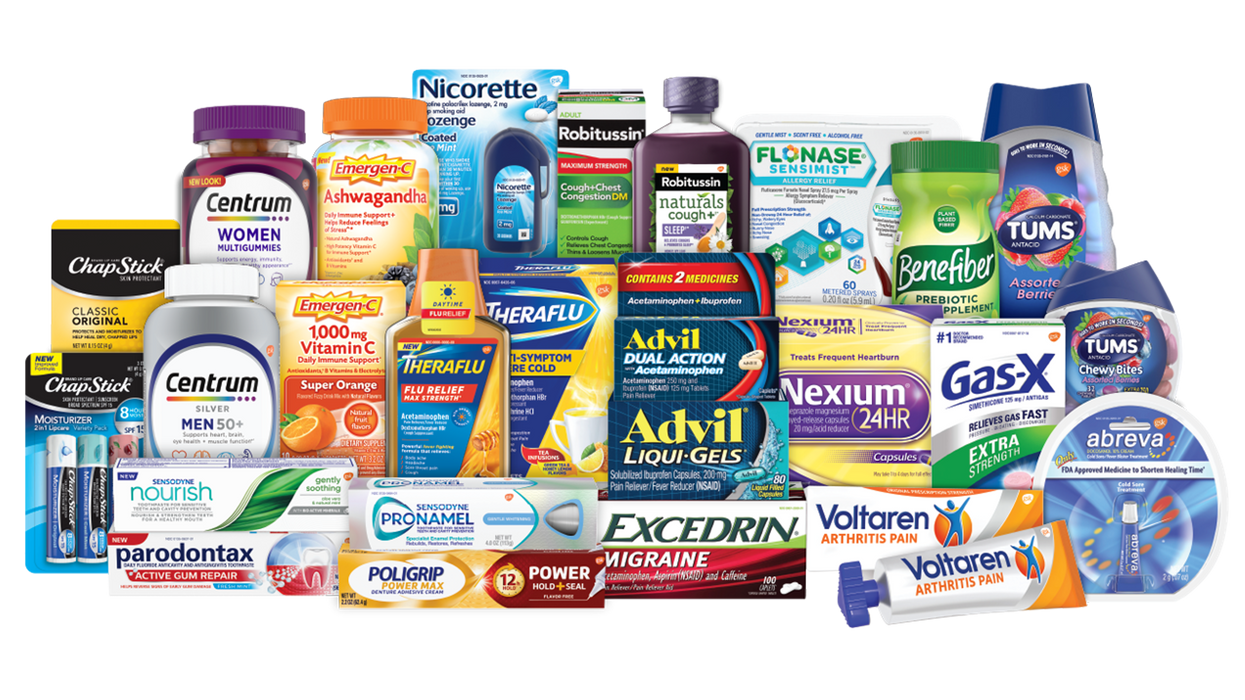
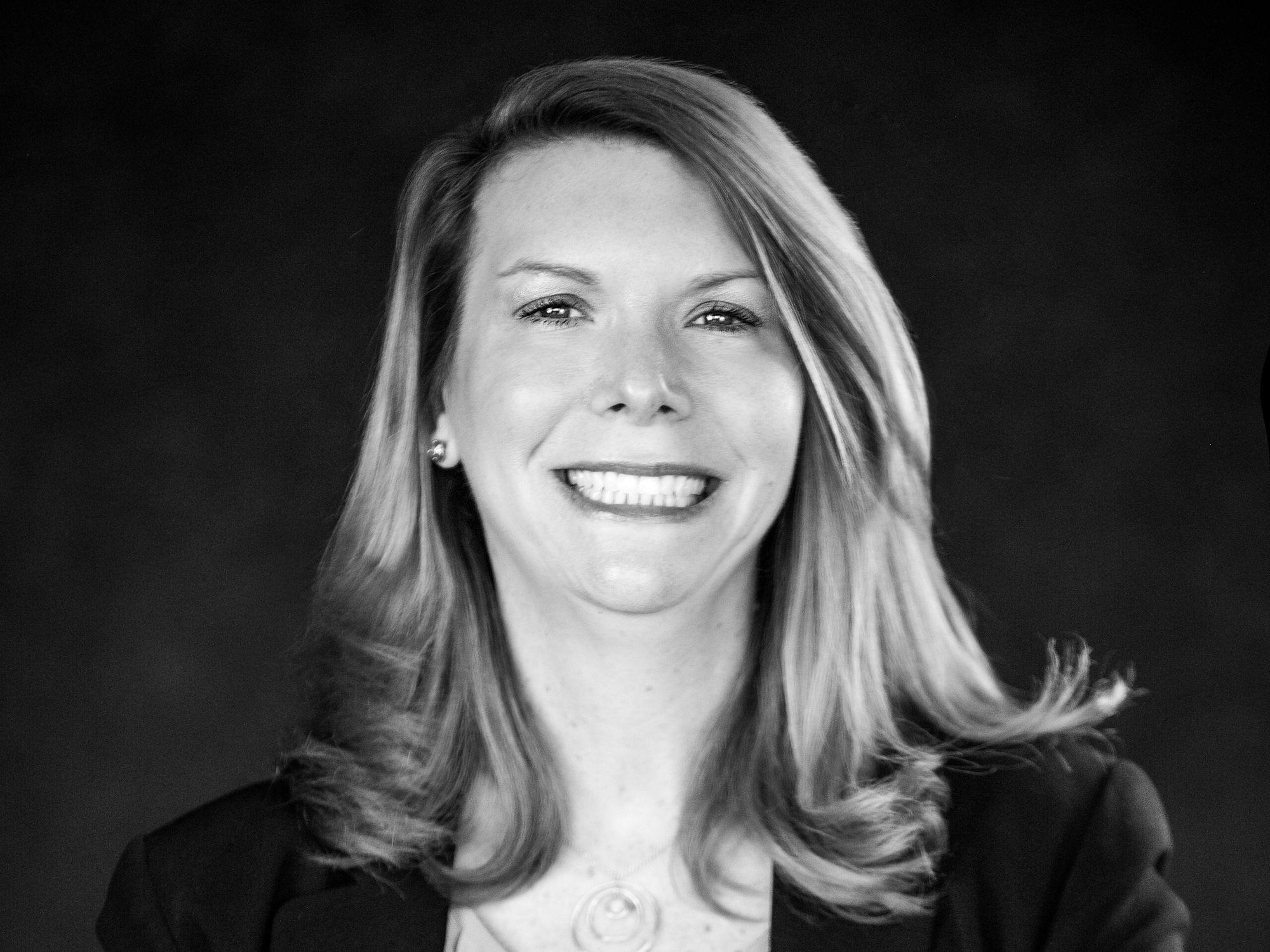
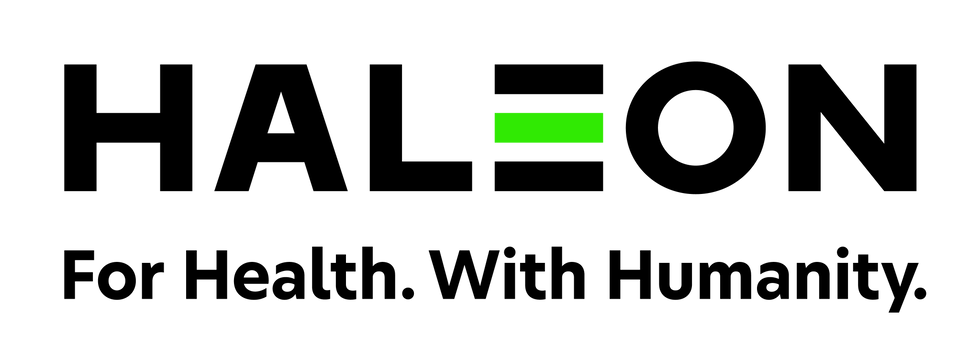 The Haleon logo. (Courtesy photo)
The Haleon logo. (Courtesy photo)





